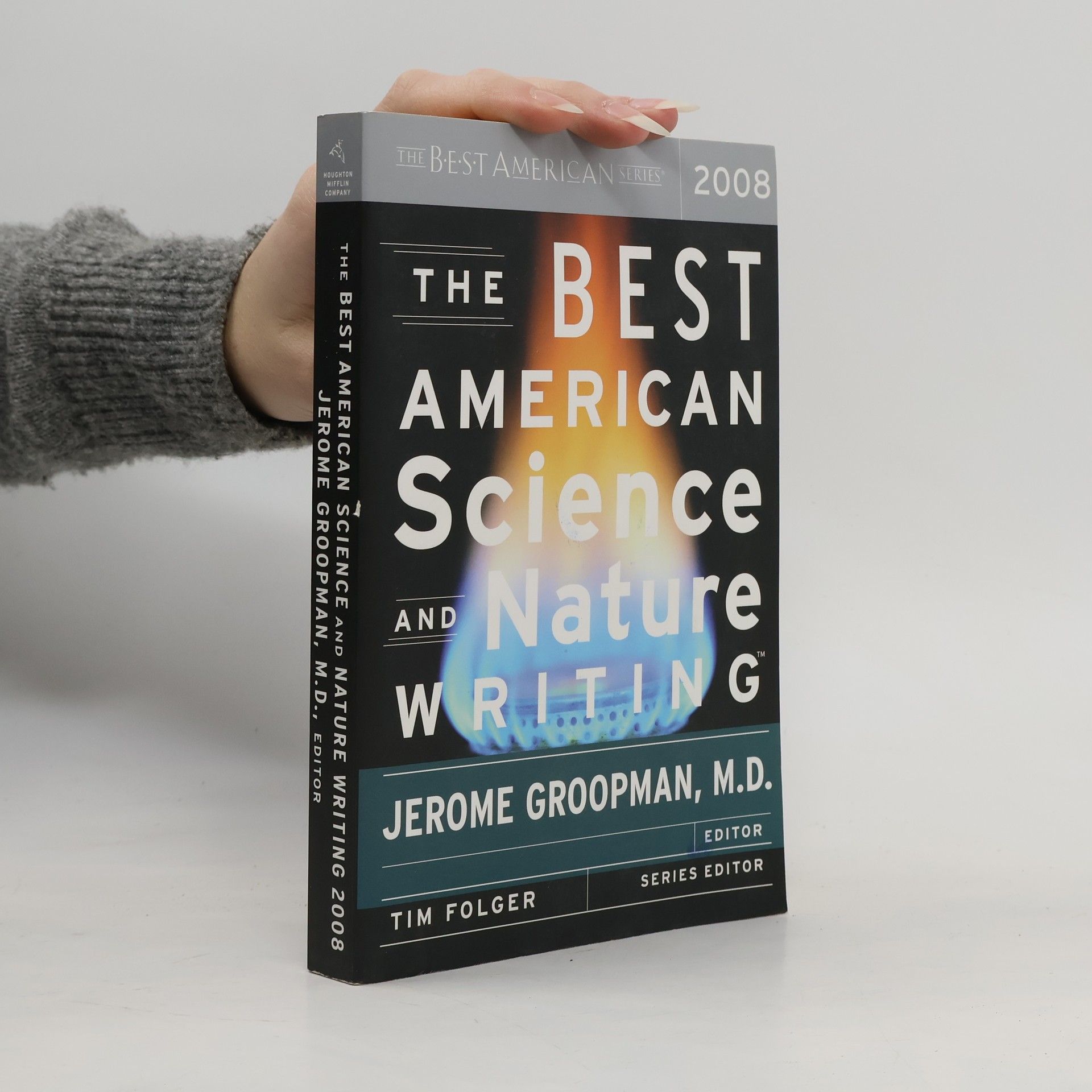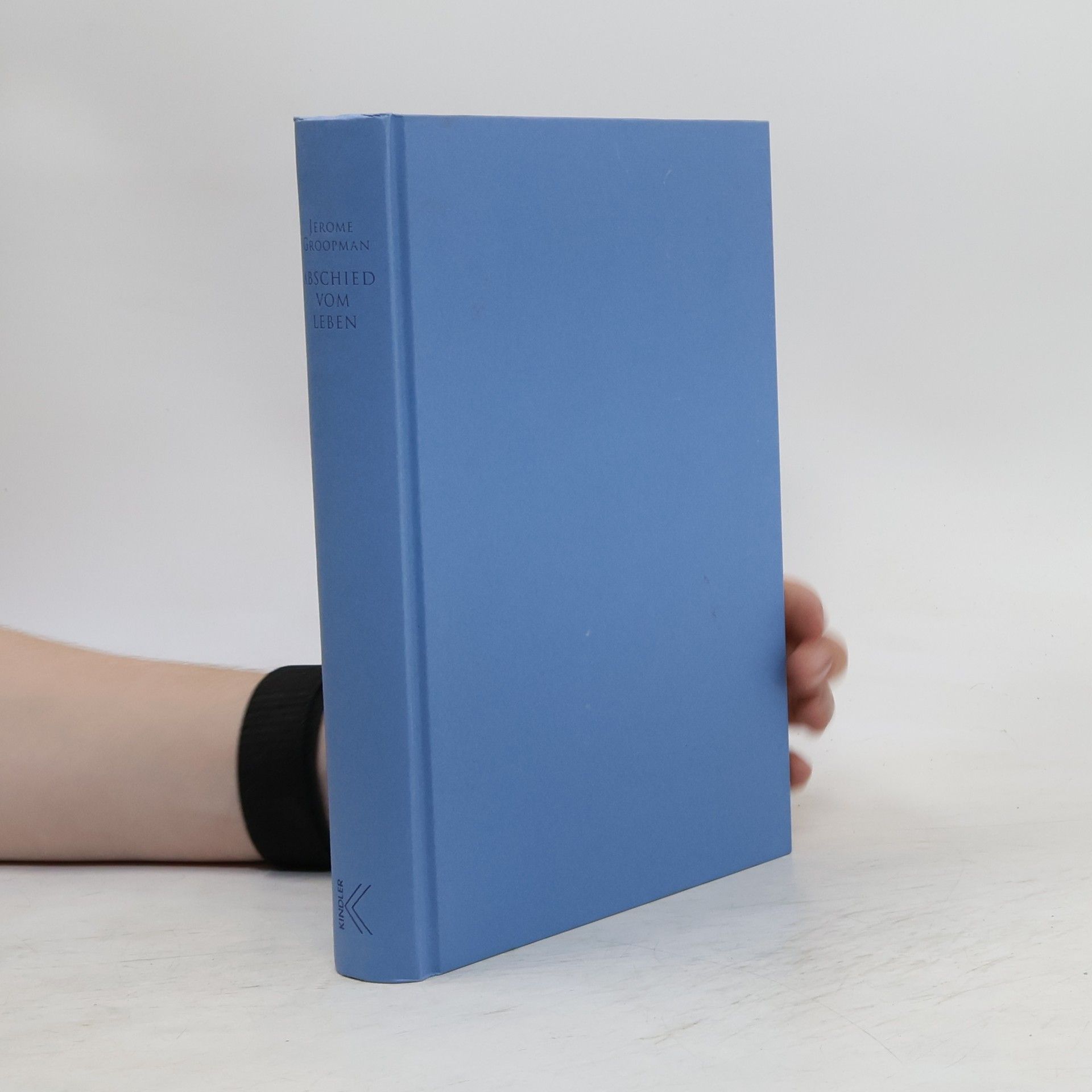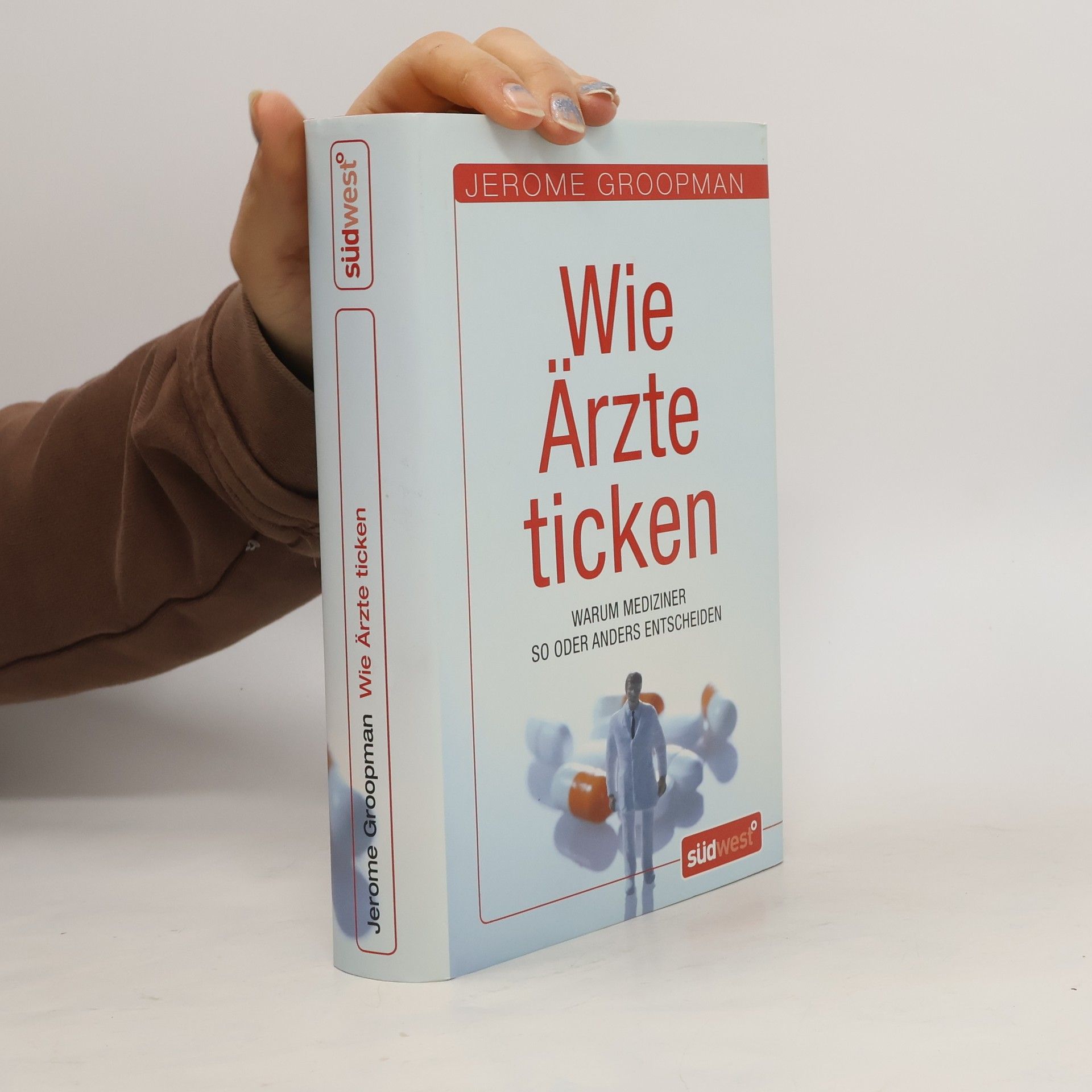Jerome Groopman entlarvt die größten Probleme der modernen Medizin In seinem Buch „How Doctors Think“ (Wie Ärzte ticken) berichtet Jerome Groopman, wie ärztliche Denkfehler und Trugschlüsse zu Fehldiagnosen führen. In einer Offenheit, wie sie sonst im Medizinbetrieb kaum zu finden ist, schildert Groopman Fälle aus dem klinischen Alltag und beschreibt, wie sich Patienten vor Ärztefehlern schützen können. Das Wichtigste – so sein Credo – ist eine gute Kommunikation zwischen Arzt und Patient. Was so selbstverständlich klingt, ist häufig nicht mehr der Fall. Hier lernen Patienten, worauf es ankommt, damit sie von ihrem Arzt richtig behandelt werden. Und Ärzte erfahren, warum es sich lohnt, den Patienten genau zuzuhören. 2007 bekam Groopman für dieses Buch den renommierten Quill-Award in der Sparte Health/Self-Improvement. Die Zeitschrift SPIEGEL veröffentlichte anlässlich der deutschen Erstveröffentlichung ein großes Interview mit Groopman, das der Bestseller-Autor Jörg Blech führte.
Jerome E. Groopman Bücher




Why does the knowledge of having a life-threatening illness ennoble some people, yet defeat others? How can we apply to our own lives the lessons learned during this extraordinary time? In The Measure of Our Days, Jerome Groopman, an eminent physician, explores these central human questions through portraits of eight patients who have gazed into the face of death. The unforgettable individuals we meet here include Kirk, an aggressive venture capitalist who refuses to accept his fate and insists on the mega-gamble of risky kidney cancer treatments; Elizabeth, an imperious dowager with a rare blood disease, who is humbled by the fear of becoming helpless; Alex, an accomplished but emotionally unfulfilled architect, who begs for help in dying at the first icy touch of AIDS; and Elliott, who, in his triumph over leukemia, finally creates for himself a definition of success. Through the eyes of a generous and compassionate physician, each individual's experience is transformed from a medical case study into a spiritual journey of questioning and self-awareness.
The Best American Series: The Best American Science and Nature Writing 2008
- 352 Seiten
- 13 Lesestunden
This year's anthology offers a rich assortment of “fascinating science and impressive journalism” from renowned periodicals like The New Yorker, Scientific American, and National Geographic. Curated by guest editor Jerome Groopman, the collection features twenty-four provocative stories that highlight significant topics in science and nature writing, keeping readers engaged with the forefront of American discourse. In “The Universe’s Invisible Hand,” Christopher Conselice reveals the groundbreaking discovery of dark energy and its role in the universe's accelerating expansion. Florence Williams shares the inspiring tale of a Danish island community's innovative wind farms, showcasing advancements in energy conservation. John Cohen introduces readers to a captivating array of hybrid creatures in “Zonkeys Are Pretty Much My Favorite Animal,” while Robin Marantz Henig examines the potential dangers of the rapidly evolving field of nanotechnology. This anthology delivers a compelling mix of intriguing and informative narratives, each resonating with Groopman's sentiment of excitement and connection, ultimately nourishing the intellect and uplifting the spirit.